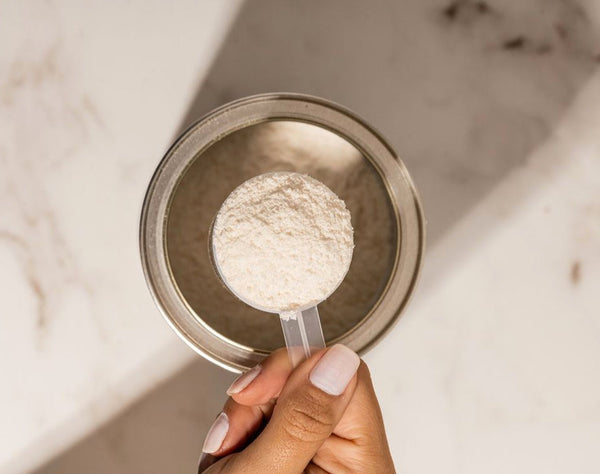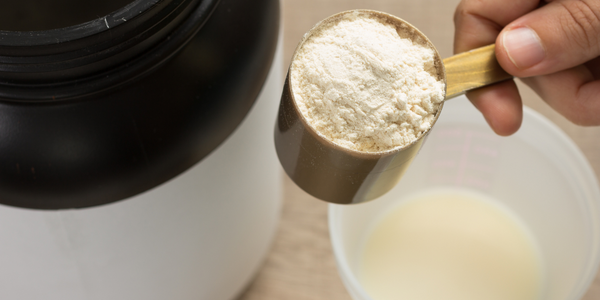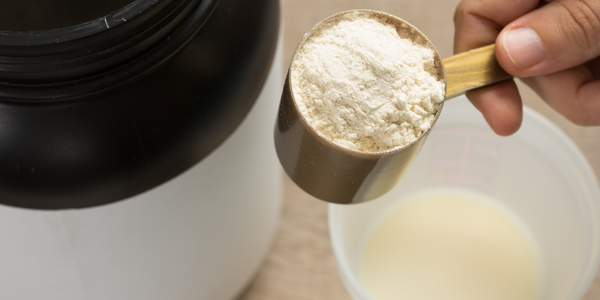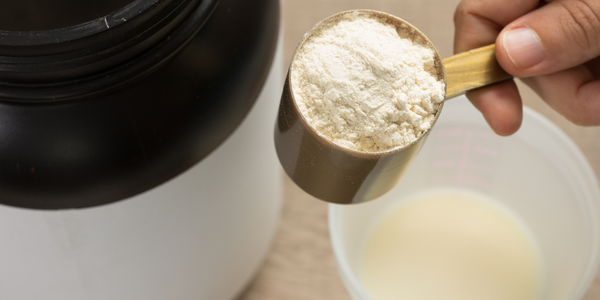What is creatine and how does it work
If you’ve ever stepped into a gym or engaged in a fitness conversation, you’ve almost certainly encountered creatine—the go-to supplement revered by athletes and fitness enthusiasts. Often hailed as the "holy grail" of performance boosters, creatine is celebrated for its remarkable ability to enhance strength, power, and endurance. But behind the glowing endorsements and widespread use, how much do you truly understand about the science that powers this supplement? What makes it so effective, and is it the right choice for your fitness goals? Let’s unpack the science behind the shaker bottle staple that’s reshaping workouts around the world.
Creatine and How Does It Work
Creatine is a naturally occurring compound found in muscle cells that plays a crucial role in energy production, especially during intense workouts or heavy lifting. Like amino acids, which are essential for protein synthesis, creatine supports muscle performance and growth. Half of the creatine in your body comes from dietary sources like red meat and seafood, while the rest is synthesized in the liver and kidneys using amino acids.
Around 95% of creatine is stored in muscles as phosphocreatine, a vital energy reserve, with the remaining 5% found in the brain and testes. Supplementing with creatine elevates phosphocreatine levels, boosting your ability to produce adenosine triphosphate (ATP)—the body’s primary energy source.
Creatine’s impact during high-intensity exercise is significant. By increasing phosphocreatine stores in muscles, it helps produce more ATP, fueling heavy lifting and intense workouts. Additionally, it supports muscle growth through several mechanisms, including enhancing workout capacity, improving cell signaling for muscle repair, and increasing anabolic hormones like IGF-1. Creatine also promotes muscle hydration, creating a volumizing effect, and reduces muscle breakdown, aiding in mass gain. Furthermore, it lowers myostatin levels, a protein that inhibits muscle growth, unlocking further potential for muscle development. Beyond physical performance, creatine’s ability to boost phosphocreatine levels in the brain offers potential benefits for brain health and neurological conditions.
Now, let's dive deeper into the three key benefits of creatine.
Creatine for Muscle Growth
Creatine is widely recognized for promoting both short- and long-term muscle growth, benefiting a range of individuals from sedentary adults to elite athletes. A 2022 review confirmed that creatine supplementation effectively boosts muscle mass in healthy young adults. [NIH] Similarly, a review highlighted its ability to enhance muscle strength and mass in older adults, even without resistance training, while also reducing fall risks.[NIH] Earlier studies showed creatine could increase muscle fiber growth 2–3 times more than exercise alone.
Creatine for Strength and Exercise Performance
Creatine is known to boost strength, power, and high-intensity exercise performance. During intense activities, ATP depletes within 10 seconds, but creatine supplements enhance ATP production, sustaining peak performance a bit longer.[NIH] Research highlights creatine's benefits, including increased muscle strength and endurance in young adults during resistance training, extra sprint power for cyclists in time trials, improved sprinting and jumping in soccer players, and enhanced power output for swimmers, particularly in butterfly and breaststroke strokes [NIH]. These findings solidify creatine's role in optimizing athletic performance across various sports and activities.
Creatine for Cognition
Just like your muscles, your brain stores phosphocreatine and relies on ATP for peak performance. A 2020 review found that creatine supplementation significantly improved brain function in vegetarians, who often have lower creatine levels due to not consuming meat, the primary natural source of creatine.[NIH] Additionally, even healthy adults may experience enhanced short-term memory and intelligence with creatine supplements, with the benefits being particularly pronounced in older adults. This highlights creatine's potential not just for physical performance but also for cognitive health. [NIH]
To summarize, creatine stands out as one of the most affordable, effective, and well-researched supplements available. Among its various forms, creatine monohydrate remains the most trusted and extensively studied option. While other forms claim superiority, evidence supporting these claims is limited. Creatine supplementation offers numerous benefits, from enhancing exercise performance and brain health to improving quality of life, particularly for older adults and vegetarians who may lack adequate dietary creatine. If you’re considering creatine, starting with creatine monohydrate is a safe and reliable choice to experience its potential benefits.




























